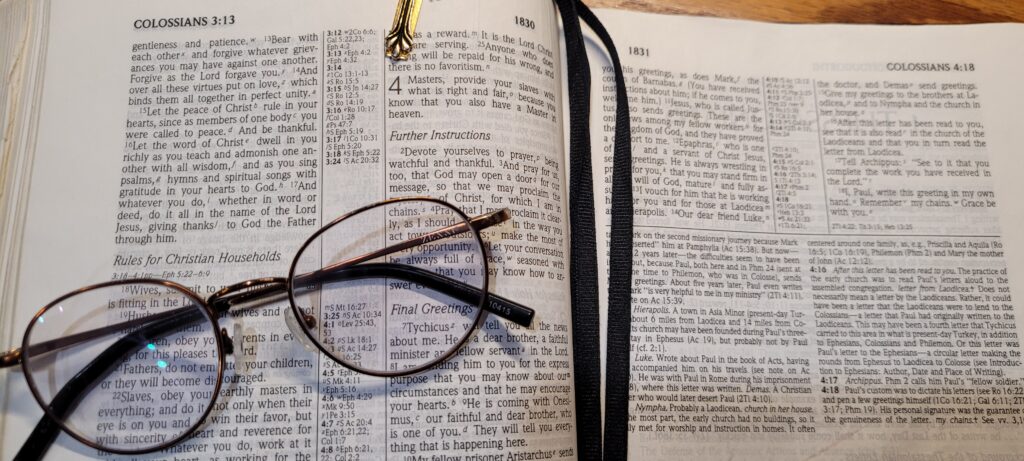Have you ever heard someone say, “Luther said to sin boldly!” and use that as an excuse for doing something that is clearly outside of God’s will? Did Luther really say that? And is that what he meant?
The quote comes from a letter that Martin Luther wrote to a fellow reformer, Philip Melanchthon, in 1521. This was just a few months after his “trial” at the Diet of Worms when he made his famous “here I stand” declaration. He was in hiding at Wartburg Castle because many sought to end his life.
Meanwhile, back at Wittenberg, the other reformers were in a bit of confusion about things such as celibacy, fasting, receiving only the bread in communion and other catholic practices. Melanchthon wrote Luther asking for guidance.
We only have a portion of Luther’s response today. But near the end of that letter, he wrote this.
If you are a preacher of mercy, do not preach an imaginary but the true mercy. If the mercy is true, you must therefore bear the true, not an imaginary sin. God does not save those who are only imaginary sinners. Be a sinner, and let your sins be strong [or sin boldly], but let your trust in Christ be stronger, and rejoice in Christ who is the victor over sin, death, and the world. We will commit sins while we are here, for this life is not a place where justice resides. We, however, says Peter (2 Peter 3:13), are looking forward to a new heaven and a new earth where justice will reign. It suffices that through God’s glory we have recognized the Lamb who takes away the sin of the world. No sin can separate us from Him, even if we were to kill or commit adultery thousands of times each day. Do you think such an exalted Lamb paid merely a small price with a meager sacrifice for our sins? Pray hard for you are quite a sinner.
We have all heard “Sound Bites” taken out of context to make it sound like the person said the opposite of what they intended to say. That is how this “sin boldly” quote is often used. But read in the context of Luther’s letter, he is telling Philip (and all of us) to own up to your sin. Acknowledge it. Admit that you are a poor, miserable sinner. And then cling to the cross. It was the same message he had defended at Worms. The Law shows us our sin and our inability to contribute anything to justification. That is all God’s doing. We need to acknowledge our utter and complete sinfulness so that we can appreciate the magnitude of what God has done for us in Christ.
“Be a sinner, and let your sins be strong, but let your trust in Christ be stronger.”
Our sins are real. They do matter. Don’t think you are pretty good, because on your own you are all sinner and zero saint. You need to understand your sin to be real so that you understand that God’s Grace is real. And don’t forget the second part of Luther’s quote: “but let your trust in Christ be stronger.”
“I do not understand what I do. For what I want to do I do not do, but what I hate I do. And if I do what I do not want to do, I agree that the law is good. As it is, it is no longer I myself who do it, but it is sin living in me.” (Romans 7:15–17)
“I have been crucified with Christ and I no longer live, but Christ lives in me. The life I live in the body, I live by faith in the Son of God, who loved me and gave himself for me.” (Galatians 2:20)
We should never imply that sin is acceptable and endorsed by God. “Sin boldly” is not freedom to sin, but the encouragement to depend wholly on Christ because of our sin. The boldness of sin takes us to the cross. It is a boldness to admit that we totally need Jesus.

